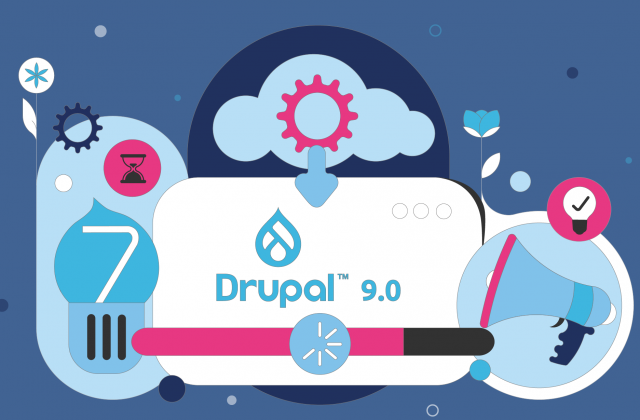Digg, a company founded only a few weeks after Facebook and one of the first websites to introduce a social element to online news, has this week been sold, generating a fair amount of comment and analysis across various blogs. Techcrunch for example has a nice piece about the corporate culture at Digg which seemed genuinely down-to-earth, creative and amicable. But most of the pieces are focusing on a different aspect of the Digg story – the cold, hard numbers.
It is the latter to which I’d like to devote the next couple of paragraphs – not really specifically to discuss Digg itself – but more as a way of outlining a problem we’re all aware of with web and tech start-ups and yet which has persisted for the best part of a couple of decades: that the economics are very ‘bubble-y’…
First of all, here are a few core figures from Digg’s existence thus far:
Founded: 2004
Total amount of investment thus far: approx $45 million
Peak valuation thus far: $175-$200 million (during a 2008 funding round and again in 2010 when a Google purchase was rumoured)
Highest monthly unique user count: between 37-44 million (2010)
Revenue source: Banner ads, referral marketing
Highest Revenue: approx $8.5 million (2008)
Current monthly unique user count: approx 4.4 million
Sale price of Digg brand and technology in 2012: $500,000 to Betaworks
(N.B. Some assets were already sold off prior: Staff to The Washington Post earlier in the year for $12 m, while LinkedIn bought around 25 patents for $4 m)
As for Digg’s current revenue, it’s very hard to say. Some sources say that as recently as last year Digg was making $3-$4 million a year based on 17 million monthly unique visitors. If the current figure of visitors is now closer to 4 million, I’d estimate that Digg’s revenue prospects for the next year will be in the region of $500k ($1m absolute tops).
In any case, the obvious conclusion is that Digg is just yet another example of a company that looked for a short while like it could become one of the biggest in the world, while valuations of $200 million were being discussed a few years ago. Now it has changed hands for absolute peanuts – relative to what has been put in over the years.
Even if we consider the asset sales of staff and patents, the total amount that Digg has gone for is somewhere in the region of $15 million – less than one-third of the total investment over the past seven years. And don’t forget that for the most part of its existence thus far – Digg was one of the absolute success stories. Most web & tech start-ups never even get close to what Digg achieved.
Even though the new owners have big plans to re-develop Digg, I personally feel confident shelving it alongside Myspace and Friends Reunited – other high-profile social media casualties to the whimsical economics of web and tech start-ups. Digg is far from being the first, and certainly won’t be the last as long as revenue models for social media websites continue to be experimental, vulnerable to rapid change, and ultimately – unproven in the long run.
Yet again we have proof that the intoxicating sight of millions of unique users means very little in terms of revenue – you have to guarantee that separately on its own terms. And even in this age of Facebook’s awesomely extensive domination – no social media start-up has yet achieved that for any significant period of time. At the moment Facebook looks like being the likeliest to get there, but we should remember that there was a time when this was said also of Myspace, and Digg.


